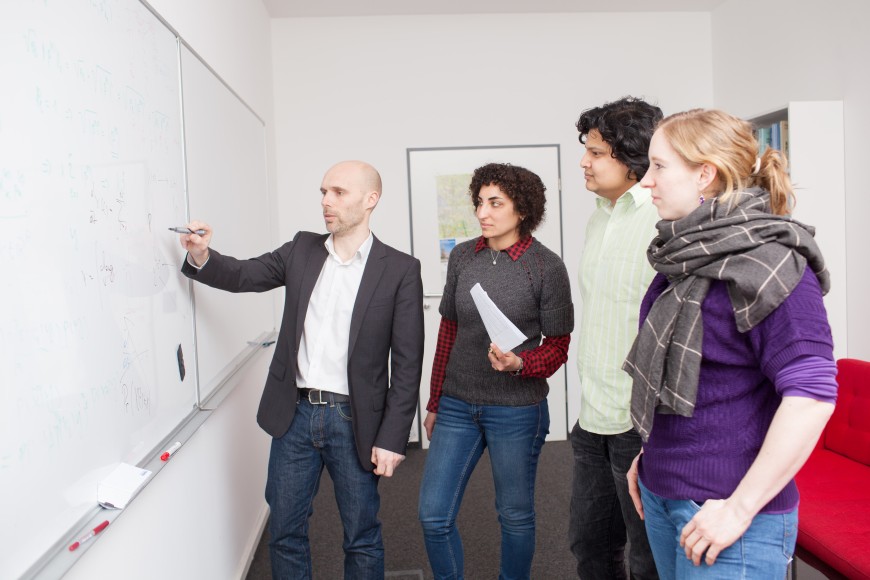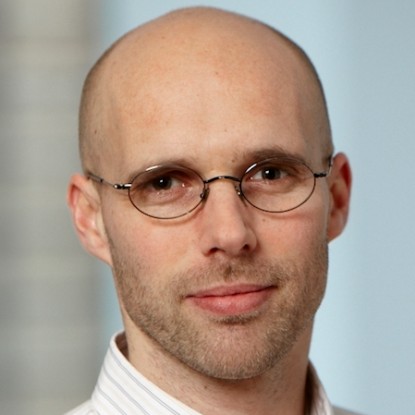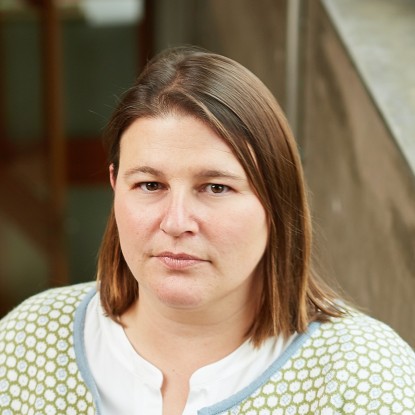Over two million euros for doctoral programme
TU Graduate School Life Science Engineering receives EU funding
26.09.2023 von Julia Detzer
Excellent research at the interface between engineering and life sciences: 15 interdisciplinary international doctoral students are to receive top-level training at TU Darmstadt as part of a newly approved programme. This will support and expand the range of courses offered by the Graduate School Life Science Engineering.

The Graduate School Life Science Engineering (GS LSE) at TU Darmstadt has received funding for a COFUND project within the European Union's Marie Skłodowska-Curie Programme (MSCA). The project “Interdisciplinary and intersectoral doctoral training programme at Technische Universität Darmstadt in Life Science Engineering” – “trainLSE” for short – is being funded to the tune of 2.2 million euros, with the entire amount going to benefit TU Darmstadt. This means that a total of 15 interdisciplinary doctoral positions will be co-financed within the LSE Graduate School under the leadership of director Professor Heinz Koeppl. The corresponding Grant Agreement was signed today (22nd). The project is to start in April 2024.
“trainLSE” aims to establish the interdisciplinary research and training of excellent international young researchers at the interface between engineering and life sciences. Experienced research leaders – Principal Investigators – will offer interdisciplinary PhD positions in the fields of biology, chemistry, materials science, electrical engineering, physics, and mechanical engineering. The international PhD students will be able to combine expertise from the engineering and life sciences in their own unique way, and develop a new constructive engineering way of considering biology.
“These profiles are in great demand in the academic world and in industry, and are crucial for the EU's move towards a sustainable, climate-friendly economy,” emphasises Dr. Julia Detzer, the programme coordinator.
Providing the right environment for doctoral students
Also, MSCA-COFUND doctoral programmes aim to create a supportive and enriching environment for doctoral students that fosters their development as researchers and prepares them for successful careers in science, industry and other fields. This includes not only research training, but also soft skills such as project management, communication and presentation. The programmes encourage the international mobility of researchers, and offer the doctoral students the opportunity of longer research internships at research institutions, universities or companies in different countries.
The project starts officially in April 2024 and will run for a period of 60 months. During this time, up to 15 doctoral students can be trained in the programme for 48 months each. The call for applications will start in mid-November 2023.
Professor Koeppl is confident that TU Darmstadt will continue to benefit from the new programme even after the funding period. “The procedures planned within the framework of 'trainLSE' for a fair, transparent and open selection process that is accepted all over the EU; the supervision by internal and external supervisors; the learning content for soft skill courses, and the possibility of secondments at other universities around the world or with regional corporate partners will all have a positive effect on the standards of supervision for doctoral students even after the end of the programme.”
The Centre for Synthetic Biology, which is part of the Matter and Materials (M+M) research field at the TU, was also involved in the application process, and specifically Dr. Melanie Mikosch-Wersching, the Centre's Managing Director. “The interdisciplinary training programme is the ideal basis for research at the Centre,” confirms Dr. Mikosch-Wersching.
“trainLSE” is notable for its interdisciplinarity and internationality. However, the collaboration with external partners in science, industry and business also plays a role. Associated partners provide support in the form of cooperation projects, secondments, workshops or lecture series. They include: University of Technology Eindhoven, Università degli Studi di Roma “Tor Vergata”, Carnegie Mellon University, Universidad Nacional de San Martin and Universidad Nacional de La Plata – Argentina, Cambridge University, ETH Zurich, LMU Munich, University of Bern, Uppsala University, Institut Pasteur, BRAIN AG, BASF, Merck Healthcare KGaA, Dynamic Biosensors GmbH, GSI Helmholtzzentrum für Schwerionenforschung, Inheaden GmbH, LenioBio GmbH, Sulfotools GmbH, and science birds GmbH.


